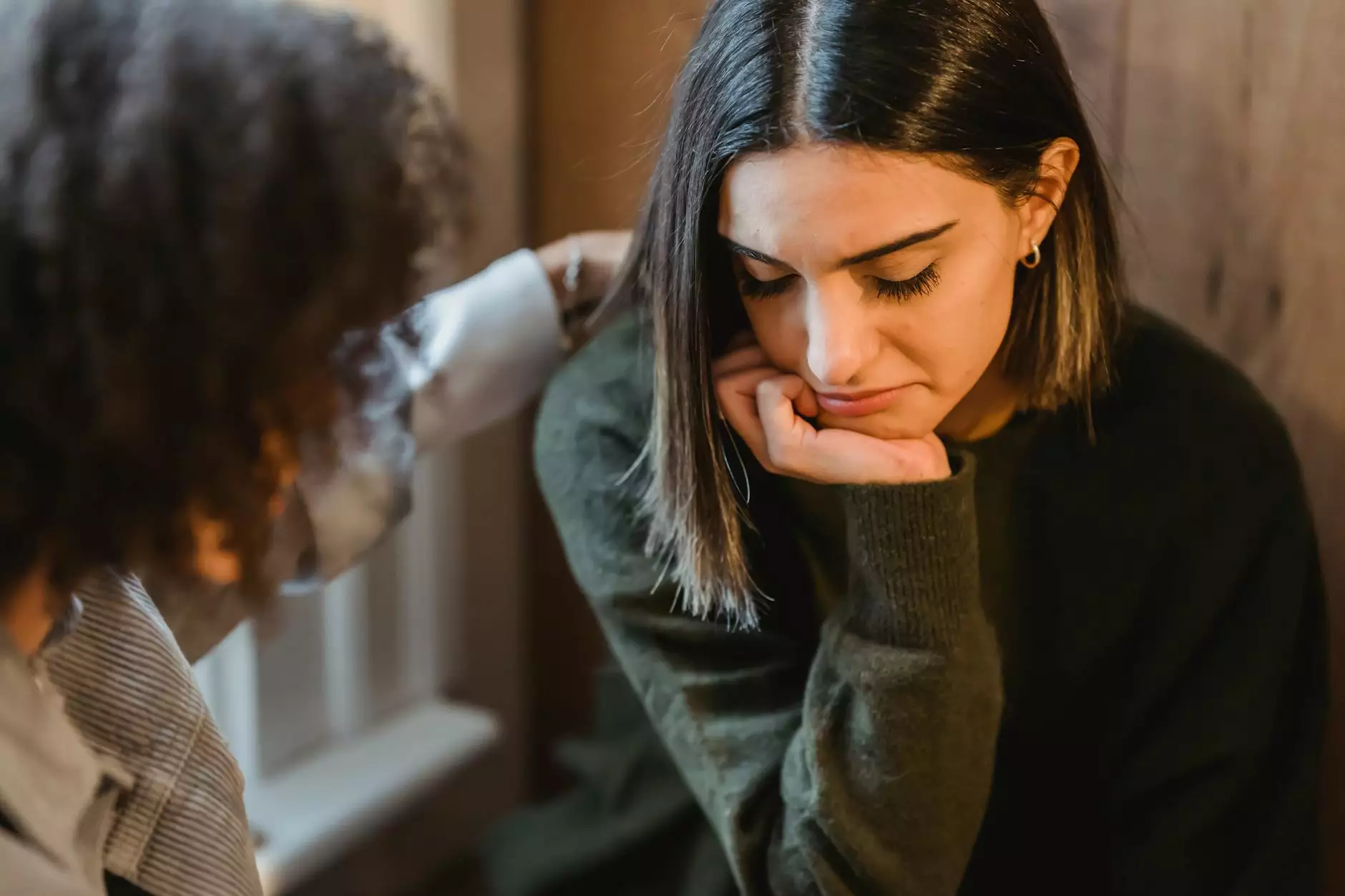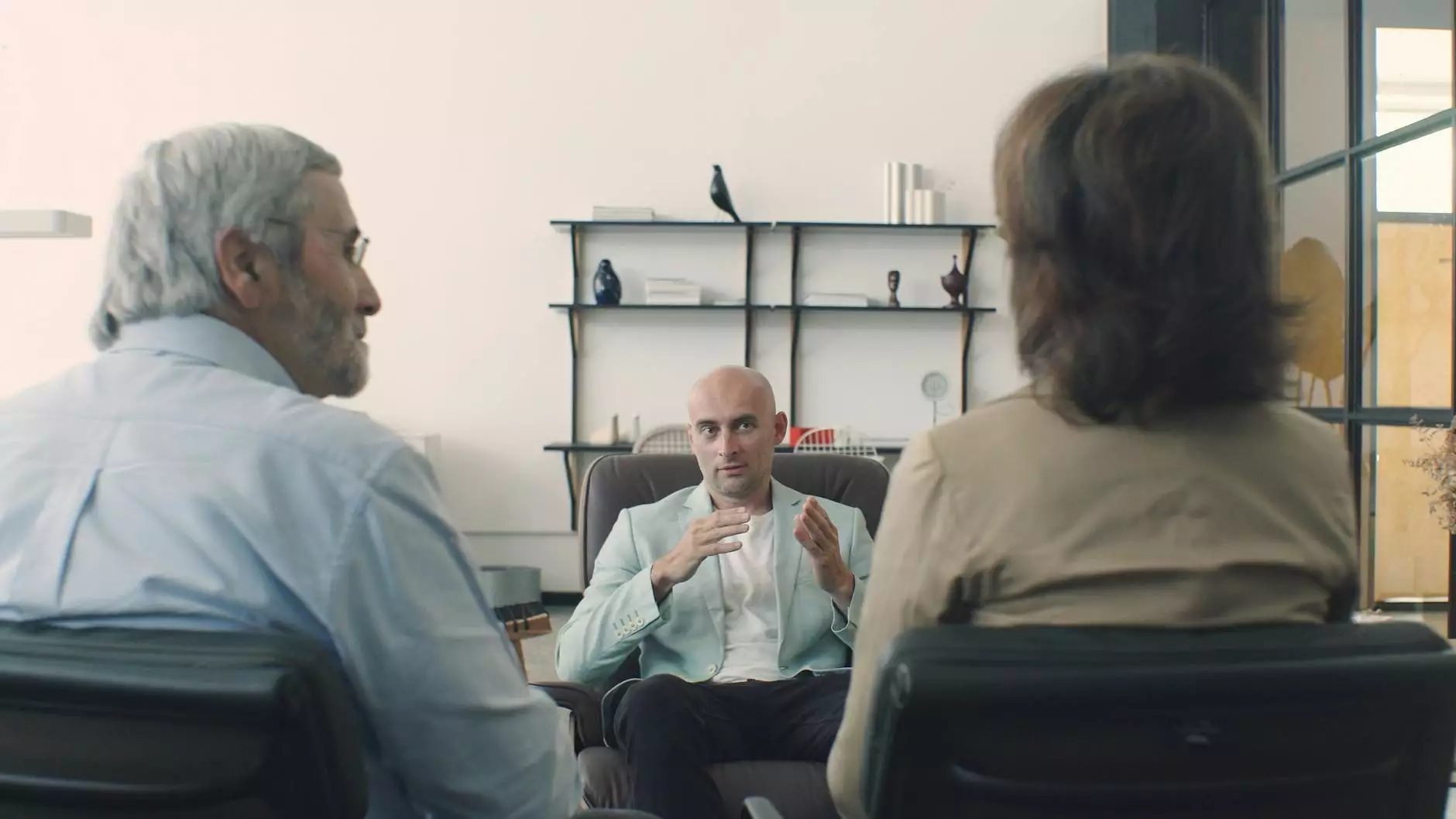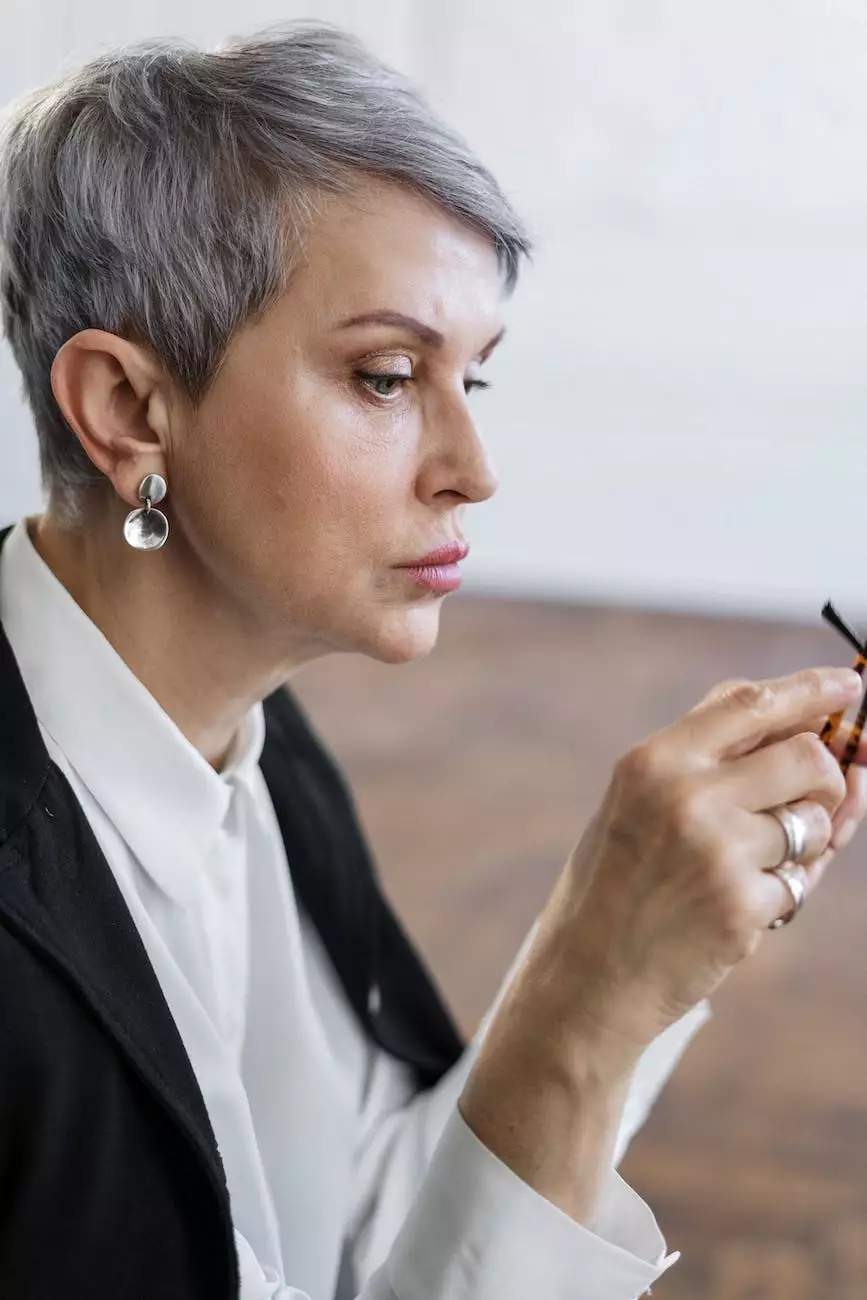Can Music Help Depression?

Introduction
Music has been an integral part of human life for centuries. It has the power to evoke emotions, change moods, and transport us to different realms. But did you know that music can also play a significant role in treating depression? In this article, Alison K Bowles, Ma, Lmhc, a highly qualified mental health professional, explores the therapeutic benefits of music in improving mental well-being.
The Science Behind Music and Depression
Scientific research has shown that music has a direct impact on the brain and can influence our emotions, thoughts, and actions. When we listen to music, our brains release dopamine, a neurotransmitter associated with pleasure and reward. This release of dopamine contributes to the boost in mood and feelings of happiness that we often experience when listening to our favorite tunes.
In the context of depression, studies have demonstrated that music therapy can reduce symptoms, improve mood, and alleviate stress. Music acts as a form of non-pharmacological intervention that can be used alongside traditional therapeutic approaches to enhance the outcomes of treatment.
The Therapeutic Benefits of Music
Music therapy, when implemented by a trained professional like Alison K Bowles, Ma, Lmhc, can provide numerous benefits for individuals struggling with depression:
- Emotional Release: Music allows individuals to express and process their emotions in a safe and non-judgmental environment. It acts as a powerful tool to release pent-up feelings of sadness, anger, or frustration.
- Mood Enhancement: Listening to uplifting and positive music can improve one's mood and counteract the negative effects of depression. It can bring joy, nostalgia, and a sense of comfort.
- Stress Reduction: Certain musical elements, such as slow tempo and harmonious melodies, have a calming effect on the body and mind. Music therapy can help individuals relax, reduce anxiety, and manage stress.
- Self-Reflection and Self-Expression: Engaging with music can foster self-reflection and encourage individuals to explore their thoughts, feelings, and experiences. Writing lyrics, creating melodies, or playing an instrument can be empowering forms of self-expression.
- Social Connection: Participating in group music therapy sessions provides opportunities for social interaction and connection with others who may share similar experiences. This can combat the feelings of isolation often associated with depression.
How Music Therapy Works
Alison K Bowles, Ma, Lmhc specializes in individualized music therapy sessions, tailored to meet the unique needs and goals of each client. Through a combination of listening, discussing, creating, and reflecting on music, therapy participants can unlock their hidden potential for personal growth and healing.
During therapy sessions, Alison K Bowles, Ma, Lmhc may guide clients in various activities, such as:
- Music Listening: Exploring different types of music to identify preferences and stimulate specific emotions.
- Songwriting: Collaboratively or individually creating original songs that address personal experiences and emotions.
- Improvisation: Engaging in spontaneous music-making to encourage self-expression and emotional release.
- Lyric Analysis: Analyzing song lyrics to gain insights into personal struggles and identify potential coping strategies.
- Relaxation Techniques: Incorporating relaxation exercises, such as deep breathing and progressive muscle relaxation, with calming music to reduce stress and anxiety.
Conclusion
Music can be a powerful ally in the battle against depression. As an effective therapeutic modality, it enhances emotional well-being, reduces stress, and promotes self-exploration. Alison K Bowles, Ma, Lmhc, as a dedicated mental health professional, offers music therapy sessions that harness the potential of music to help individuals overcome their depression and find solace in the healing power of melodies and lyrics. Contact Alison K Bowles, Ma, Lmhc today to discover how music can be integrated into your mental health journey.










